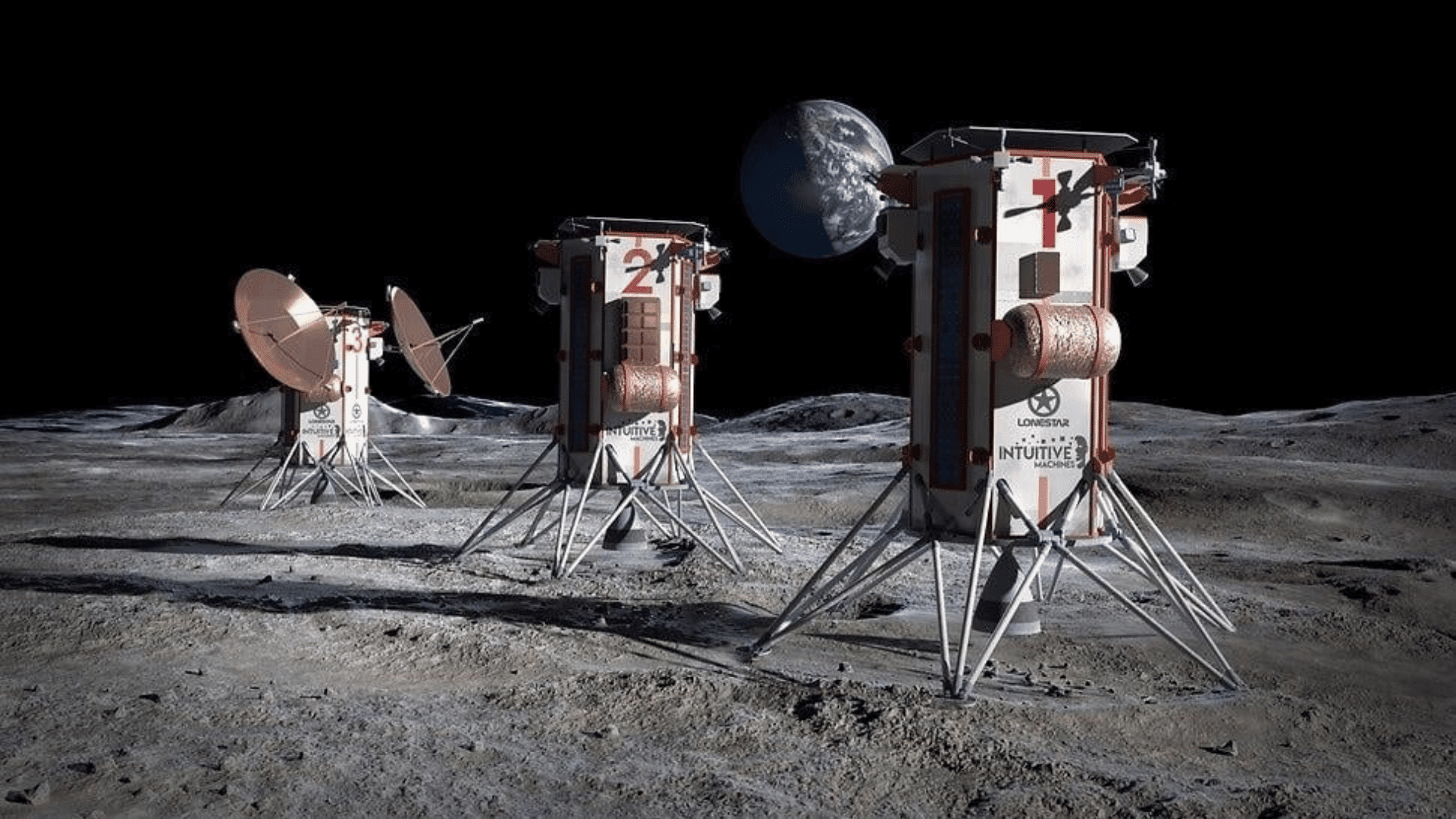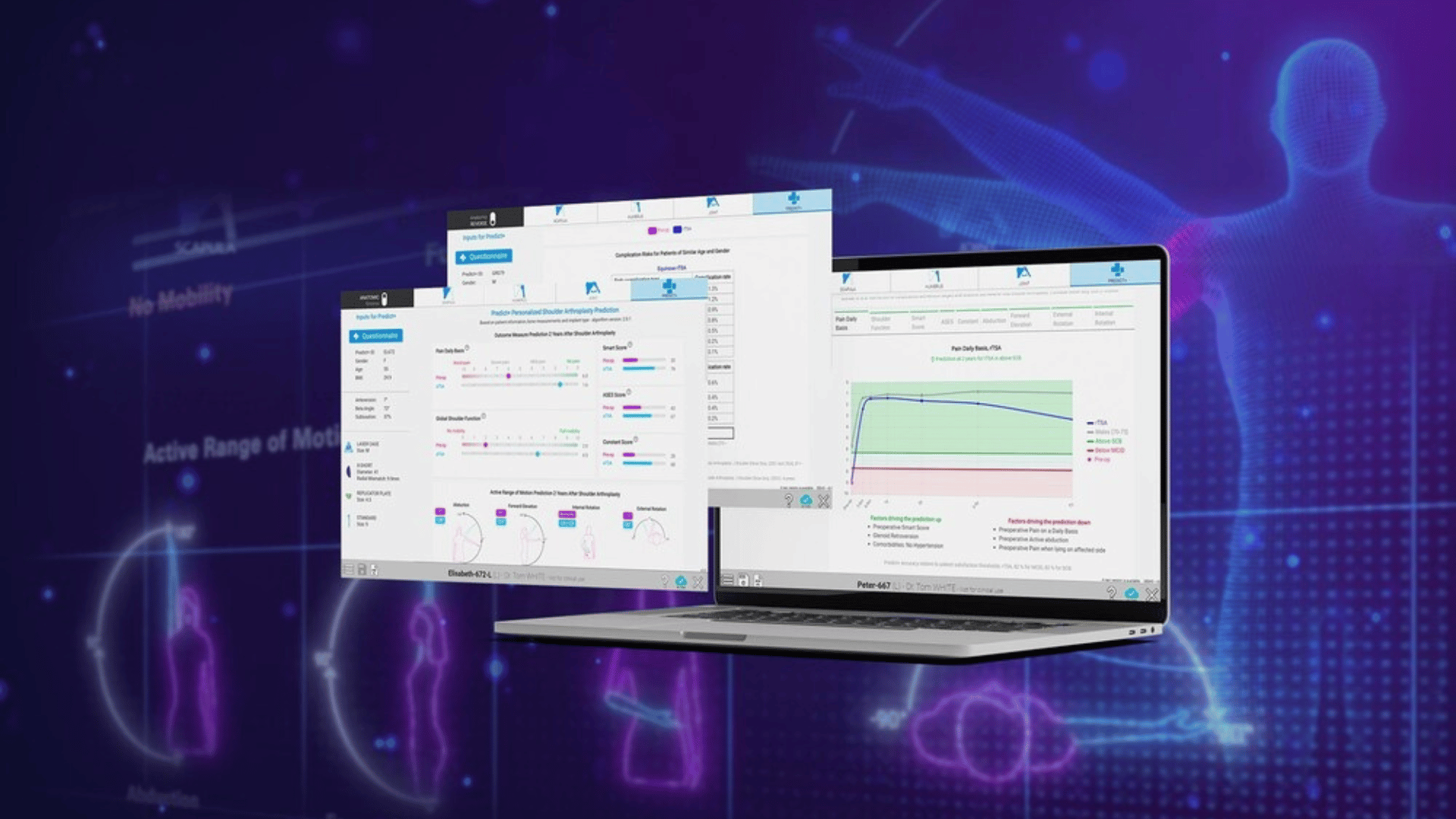Data storage may soon be out of this world as Florida-based startup Lonestar Data Holdings is reportedly planning to establish the first solar-powered data center on the moon.

According to Reuters, the company plans to launch the small but fully assembled data center using SpaceX’s Falcon 9 rocket on Intuitive Machines’ upcoming lunar lander mission.
“It will be the first physical data center flown off the planet. It is serving a host of data storage and edge processing customers, each in their own way, expanding the art of the possible,” the company website noted.
The data center will not run for applications that require immediate access to data but rather function to secure and preserve crucial information in the long term. A few of Lonestar’s lunar data center customers include The State of Florida, The Isle of Man government, AI firm Valkyrie, and Pop rock band Imagine Dragons.
Reportedly called “Freedom,” the data center will also be environmentally sustainable as it’s powered by solar energy and utilizes naturally cooled solid-state drives. The center’s ground-based backup will be located at Flexential’s Tampa, Florida facility.
According to Lonestar, this type of data storage offers several advantages, including protection against natural disasters and cyberattacks and reducing the environmental impact produced by large-scale data centers.
In collaboration with Space Florida and Intuitive Machines, the company has already conducted preemptive tests, including the first full data storage test from the Moon’s surface in February 2024 and testing their data center technology aboard the International Space Station in 2021.
Establishing this lunar data center could also benefit NASA’s Artemis program, which aims to establish a long-term human presence on the Moon. This mission could assist in storing and processing the vast amounts of scientific data generated by Artemis missions.
“Data is the greatest currency created by the human race. We depend on it for nearly everything we do, and it is too important to us as a species to store in Earth’s ever more fragile biosphere. Earth’s largest satellite, our Moon, represents the ideal place to safely store our future.” Lonestar founder, Chris Stott, stated in a press release according to Interesting Engineering.







